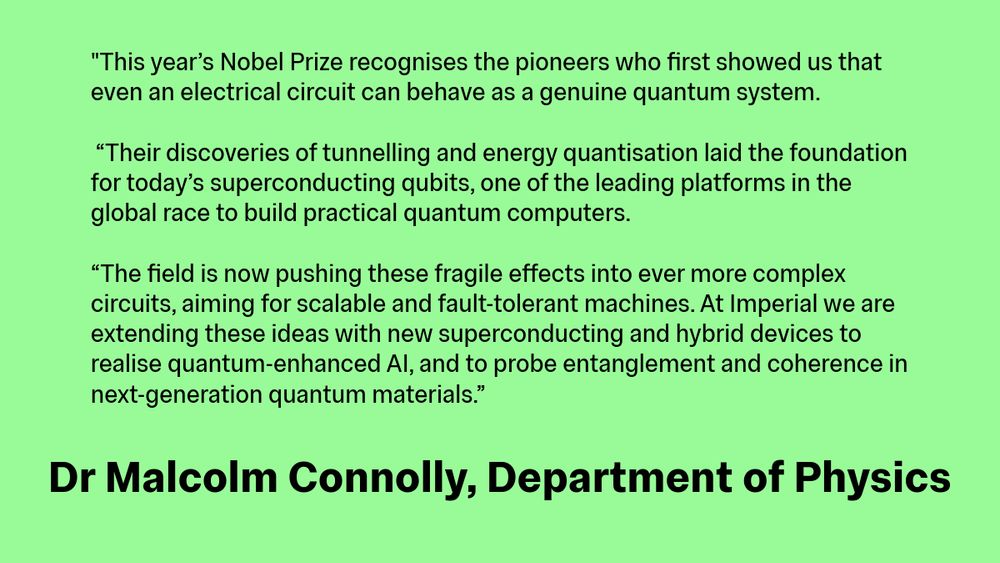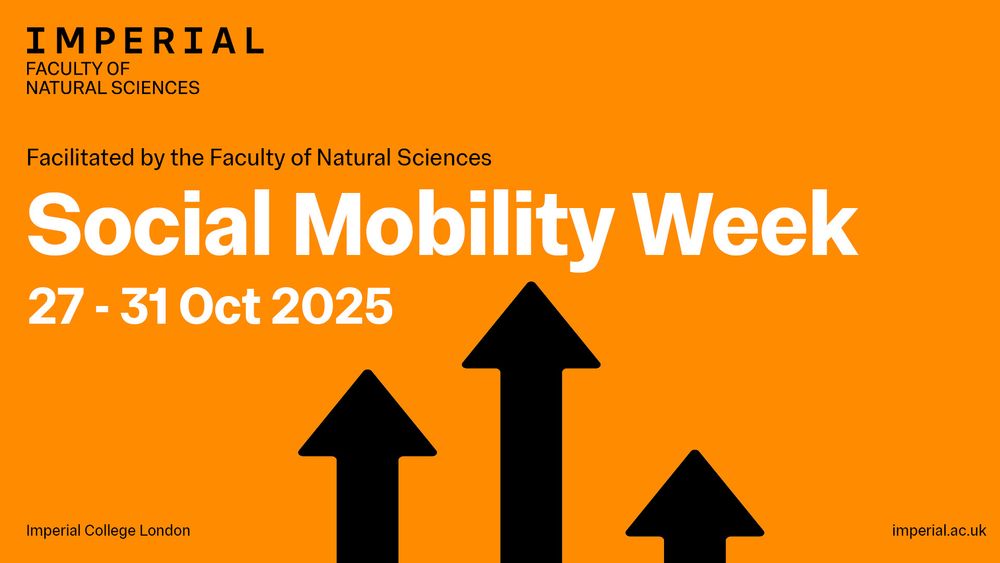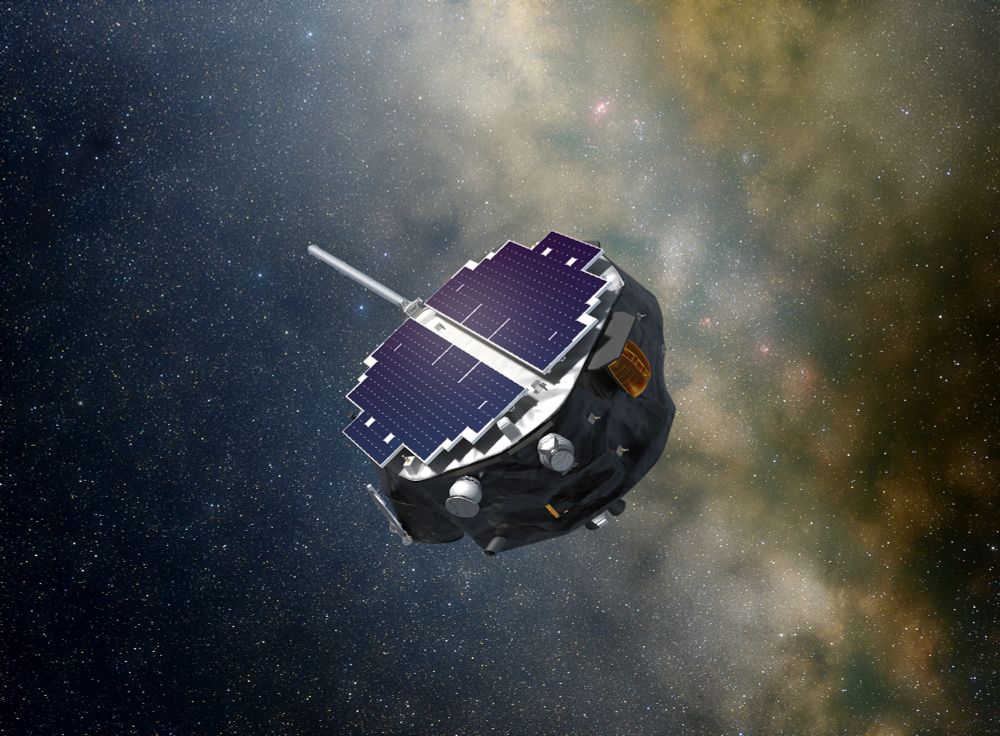Imperial Science
@imperialsci.bsky.social
450 followers
170 following
190 posts
The Faculty of Natural Sciences at Imperial College London – delivering world-class enterprise, research and teaching for #ScienceForHumanity
Posts
Media
Videos
Starter Packs
Reposted by Imperial Science
Reposted by Imperial Science



















